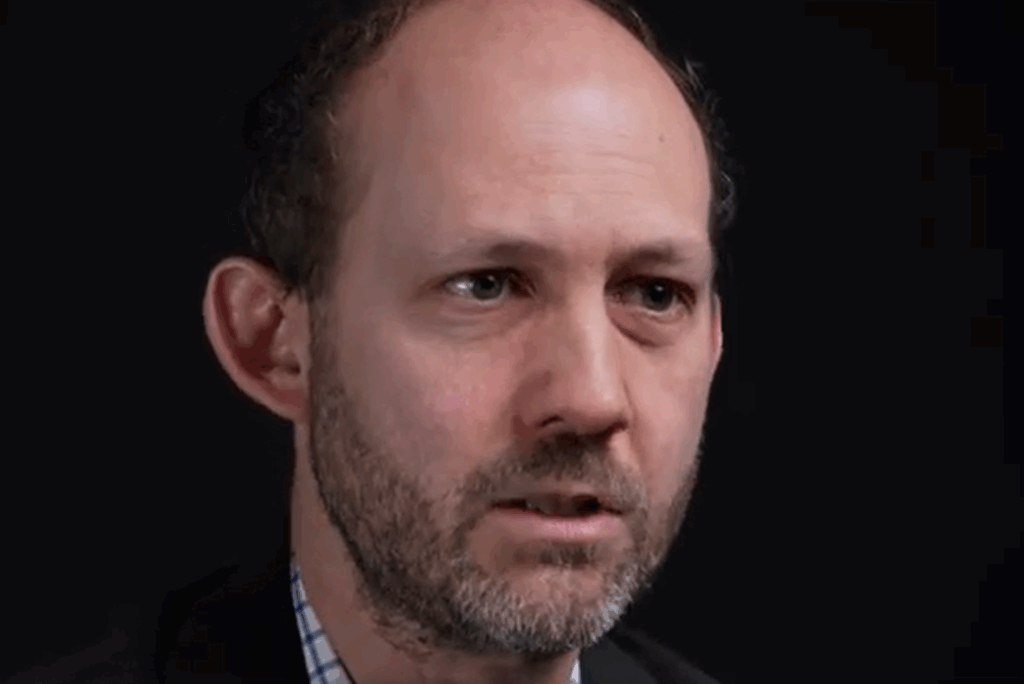OPINION: “Labour is committed to reducing waste by moving to a circular economy”, but this manifesto statement left a lot to the imagination. As Keir Starmer settles into Number 10, Grant Thornton’s Net Zero team considers some of the upcoming policies on the waste management horizon.
- UK Emissions Trading Scheme (ETS): In 2023, the Government confirmed its intention to include Energy from Waste (EfW) facilities in the UK ETS from 2028. The implementation is still under consultation (closing 2 August 2024). This additional cost of operating an EfW would likely lead to an increase in Carbon Capture Usage and Storage (CCUS) uptake at EfWs to reduce carbon emissions. Labour’s manifesto committed “£1 billion to accelerate the deployment of carbon capture”, however, this funding is likely to cover a wide range of industrial emitters.
- Biodegradable Municipal Waste (BMW) to landfill: From 31 December 2025 there will be a ban on BMW going to landfill in Scotland. The Welsh Government has also set limits on the amount of BMW that can go to landfill. But rules applying to England are still under consultation. 61 consultation responses have been received, which are currently being analysed. The interaction with the UK ETS is critical – incorrectly calibrated and the ETS change (above) could push more waste to landfill unless bans are in force.
- Extended Producer Responsibility (EPR): UK organisations responsible for packaging waste (e.g. those who supply packaged goods, import products in packaging or supply empty packaging) will be required to collect and report packaging data and pay EPR for packaging fees. These fees have been deferred for a year so will be payable from October 2025.
- Deposit Return Schemes (DRS): A DRS is currently under development with plans to be in place across the UK by October 2027, meaning that a small cash deposit would be placed on drinks containers incentivising their return to a collection point. The scheme was meant to go live in Scotland in 2023 but has been delayed.
- Simpler Recycling: In May 2024 the Government proposed new rules in England that will allow the collection of municipal waste in a minimum of three bins: one for all dry recycling, one for garden and food waste and one for residual waste. Councils will be expected to collect residual waste at least fortnightly, alongside weekly food waste collections from March 2026, unless transitional arrangements are in place.
- EfW capacity: The previous Government was considering the role of EfW plants in the management of residual waste, which included a temporary suspension of any new permits for EfWs in England earlier in 2024. The new Labour government is yet to share its intentions on this point.
How will these policies fare under an expected spending review? At this critical juncture in the approach to waste management in the UK, Labour must not be short sighted; it has the opportunity to be bold, to embed and to improve upon policies which will deliver over the long term, promoting a circular economy, addressing the climate crisis and paving the way for a global movement towards sustainable waste management.
Jennifer Brown will be speaking on ‘The Future of Environment & Sustainability: 2024’ at the Net Zero Summit on 12 September 2024 (10:15) at Environmental Services and Solutions Expo, held at the NEC in Birmingham. For more information about this year’s event and to register to attend, visit: www.ess-expo.co.uk







Subscribe for free